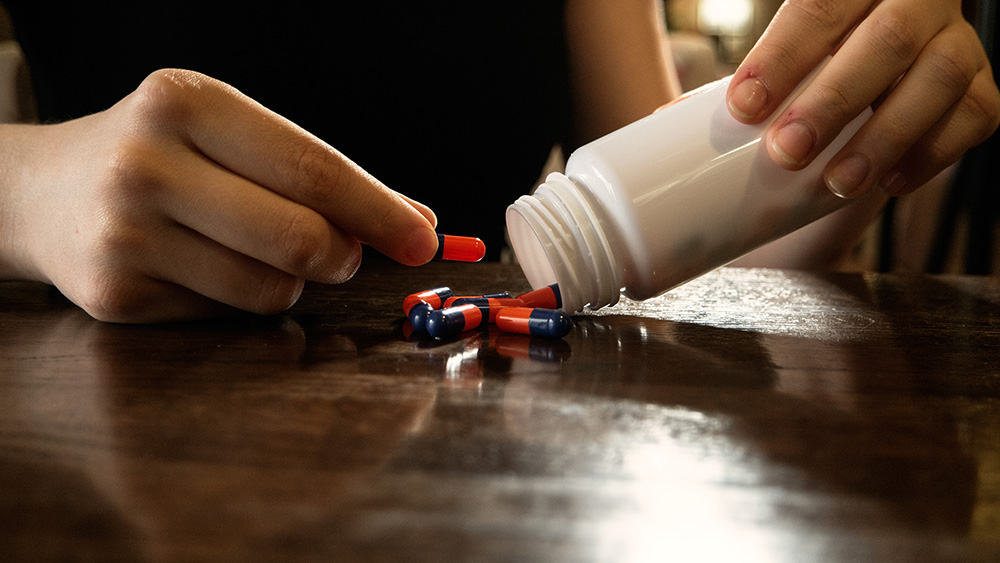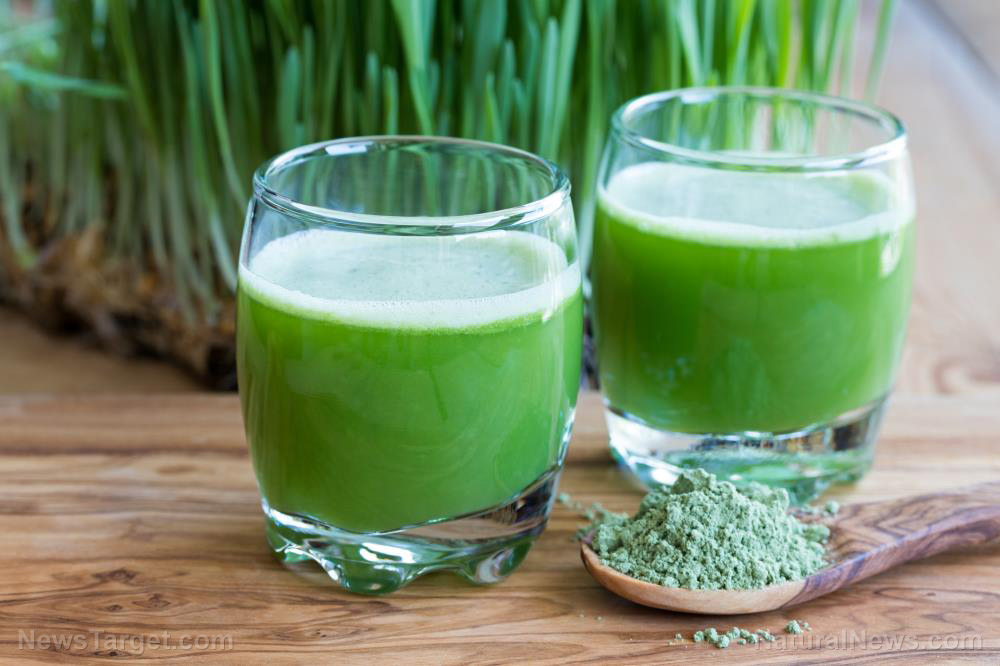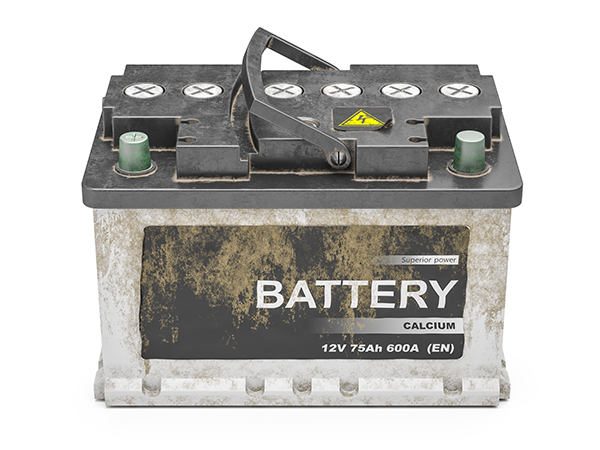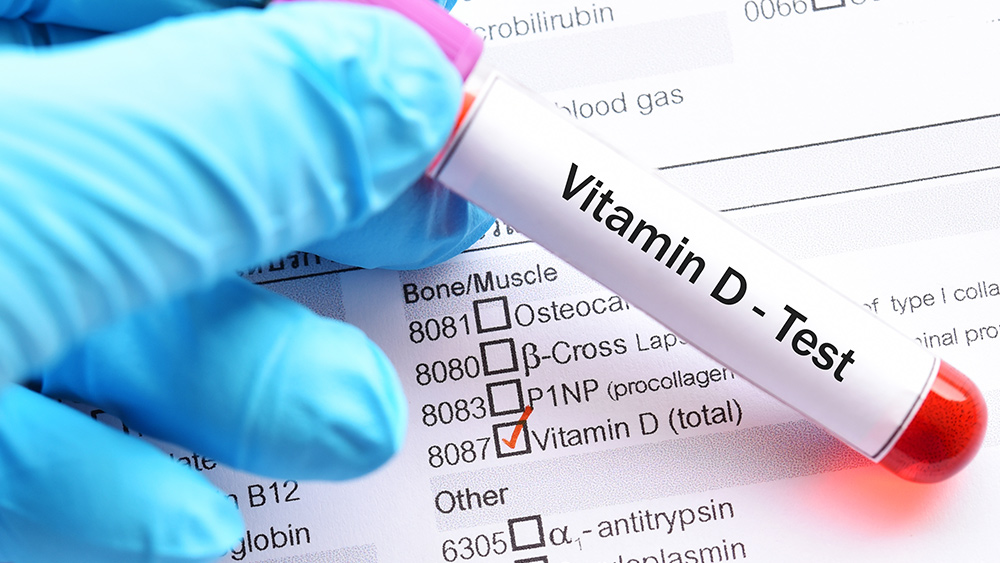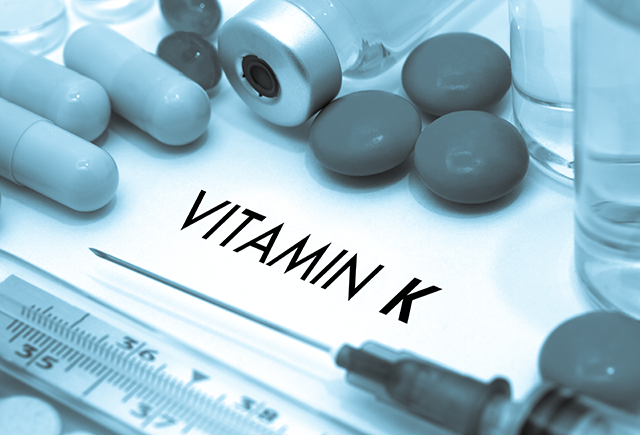Adding 6 minutes of intense exercise to your daily routine can help support brain health in middle age
01/30/2023 / By Zoey Sky
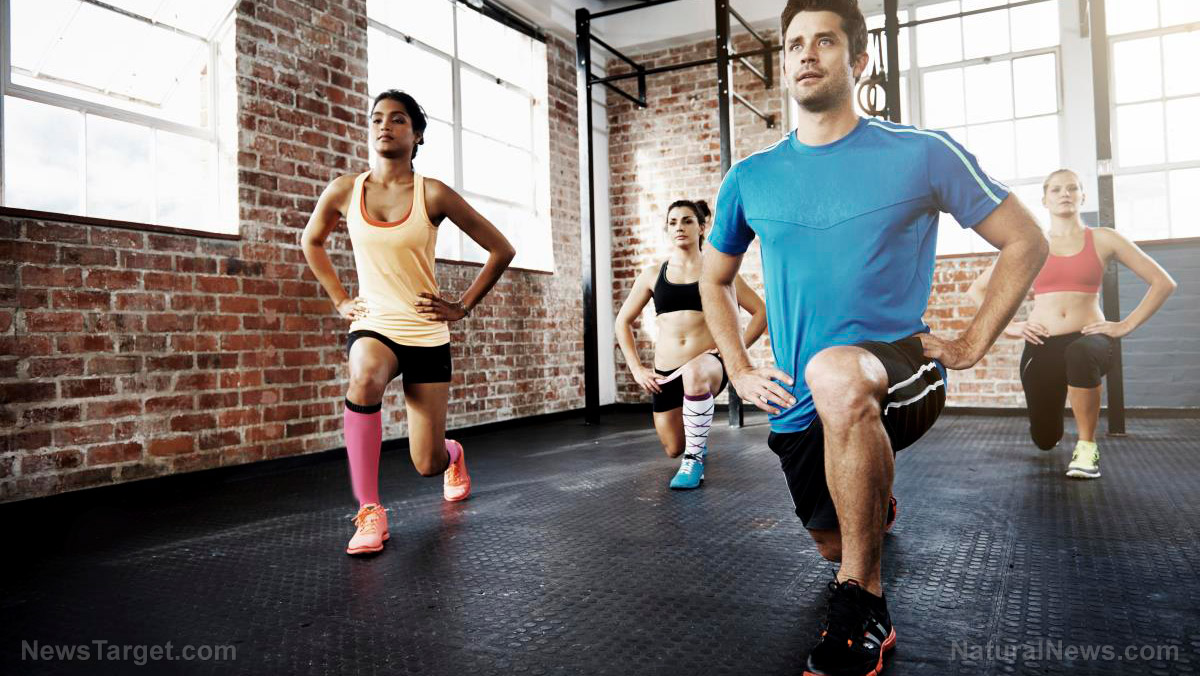
According to researchers from University College London (UCL), adding at least six minutes of intense exercise to your daily routine can help boost brain health in middle age.
Researchers reported that moderate and vigorous physical activity (MVPA) is crucial to help prevent declining brain function.
Exercise helps increase blood flow to the brain. Physical activity also boosts oxygen levels, which experts think can improve memory and mental processes like planning and organization.
The study was published in the Journal of Epidemiology & Community Health.
Upon examining data from the volunteers, the scientists also found that replacing MVPA with six to seven minutes of light intensity activity or inactivity each day may result in “poorer cognitive performance.”
Cognitive health linked to physical activity levels
For the study, researchers examined data from over 8,500 British people born in 1970. The health of the participants was tracked throughout childhood and into adulthood.
The participants were told to fill in detailed health, background and lifestyle questionnaires. They also wore activity trackers for at least 10 consecutive hours daily for up to seven days. (Related: Healthy habits that can boost brain health.)
During the study period, the volunteers were given different cognitive tests for verbal memory, such as immediate and delayed tasks where they needed to recall certain words. The participants were also tested on their executive function or their ability to “plan, focus, multitask and remember instructions.”

The scores for each test were added together to compute the overall global score for memory and executive function. Data from the activity trackers revealed that the volunteers clocked an average of 51 minutes of MVPA daily.
The data also revealed that within 24 hours, the volunteers took part in:
- Five hours and 42 minutes of light-intensity physical activity
- Nine hours and 16 minutes of stationary behavior
- Eight hours and 11 minutes of sleep
The participants who did well on cognitive tasks spent more time doing MVPA and less time sleeping and doing stationary activities.
To learn more about this link, the scientists reallocated time from one component to another minute by minute to find out the impact this might have on global cognitive performance scores.
Replacing gentle activities with MVPA showed that there was a 1.27 percent improvement in cognitive function and a 1.31 percent improvement when nine minutes of being inactive was replaced with vigorous activity.
Meanwhile, replacing seven minutes of sleep with vigorous activity resulted in a 1.2 percent improvement.
However, replacing eight minutes of vigorous activity with inactive behavior resulted in cognition rankings dropping by at least one to two percent.
The researchers also discovered that replacing vigorous activities with six minutes of light intensity physical activity or seven minutes of sleep was linked to similar falls of one to two percent in cognition.
Dr. John Mitchell, a professor of primary care and population health at UCL and study lead author, explained that MVPA is usually the smallest proportion of the day in real terms. But it is also the most difficult intensity to acquire.
“Perhaps partly for this reason, loss of any MVPA time whatsoever appeared detrimental, even within this relatively active cohort,” concluded Mitchell.
Moderate aerobic activity vs. vigorous activity
If you’re an adult between the ages of 19 and 64, you should exercise every day because studies have found that engaging in physical activity at least once or twice a week can reduce heart disease or stroke risk.
Before starting a new exercise routine, make sure your chosen activity and its intensity are appropriate for your current fitness level.
If you’re not sure where to start, try spreading your exercise sessions evenly over four to five days a week or every day. You can also try to reduce the time you spend sitting or lying down and break up long periods of not moving, like sitting at your desk, with some activity such as stretching or walking.
You can also start strengthening activities that work for all the major muscle groups, like your abdomen, chest, back, shoulders, arms, legs and hips at least two days a week. Try to do at least 150 minutes of moderate activity a week or 75 minutes of vigorous activity every week.
If you have a busy work schedule, you can achieve your weekly activity target with several short sessions of very vigorous activity. Alternatively, you can combine moderate, vigorous and very vigorous activity to meet your fitness goals.
Moderate aerobic activities to try
Moderate activity will raise your heart rate and it will make you breathe faster and feel warmer. If you’re not sure, you can tell if you’re working at a moderate level if you can still talk, but not sing.
Here are some examples of moderate-intensity activities to help boost your brain health:
- Brisk walking
- Dancing
- Doubles tennis
- Hiking
- Pushing a lawn mower
- Riding a bike
- Rollerblading
- Water aerobics
Vigorous activities to try
Vigorous physical activity makes you breathe hard and fast. If you’re working at this level, you may have trouble saying more than a few words without pausing for breath.
Generally, 75 minutes of vigorous activity a week can give similar health benefits to 150 minutes of moderate activity. If you increase your effort, most moderate activities can become vigorous.
Here are some examples of vigorous activities:
- Aerobics
- Gymnastics
- Martial arts
- Riding a bike fast or on hills
- Running
- Skipping
- Swimming
- Walking up the stairs
Very vigorous activities are exercises performed in short bursts of maximum effort, with breaks interspersed between exercises. This type of exercise is also called high-intensity interval training (HIIT).
Here are some examples of very vigorous physical activities:
- Circuit training
- Interval running
- Lifting heavy weights
- Running up stairs
- Spinning classes
- Sprinting up hills
Tips for incorporating more exercise into your daily routine
But what if you’re too busy to go to the gym to exercise?
Staying healthy requires a bit of sacrifice and a lot of discipline, but it’s all worth it if you want to live longer and age gracefully.
Here are some tips on how to get your additional six minutes of exercise if you have a busy schedule:
Wake up early
If possible, set your alarm early so you can exercise before going to work or tackling your chores for the day.
This doesn’t mean you have to sacrifice sleep to exercise, but you can try to reset your sleep schedule and wake up earlier.
Turn your commute into a workout
If you don’t have enough time to go on a run after work, pack your things in a bag and jog home from work instead.
If you can’t jog or run, you can also try biking to work or getting off your bus or train a few stops earlier.
Power walk up the stairs
Using the stairs is better than using the elevator, but you can upgrade your walking by gradually increasing your speed and the number of stairs you take in one minute.
Wear comfortable shoes and take two steps at once, but only if you’re able to do it safely, so you can target your glutes more.
For more on the health benefits of exercise, visit HealingArts.news.
Watch the video below to find out how mushrooms can help boost your brain health.
This video is from the Groovy Bee channel on Brighteon.com.
More related stories:
Study: Strength training for at least 30 to 60 minutes a week helps boost longevity.
Walking for 5 minutes every half hour can help you stay healthy if you sit all day, reveals study.
Having a healthy, active lifestyle found to lower the risk of developing Alzheimer’s.
Sources include:
Submit a correction >>
Tagged Under:
aging secrets, alternative medicine, anti-aging, brain function, brain health, cognitive function, cognitive health, exercise, fitness, men's health, middle age, natural health, natural medicine, physical activity, prevention, women's health
This article may contain statements that reflect the opinion of the author

